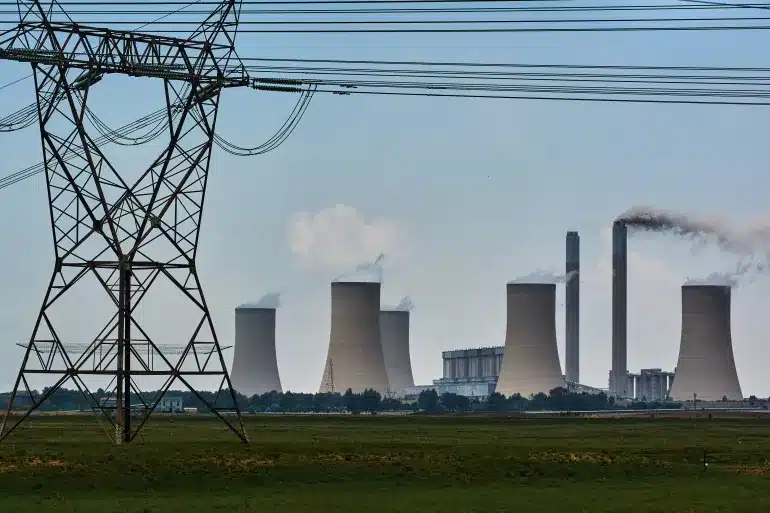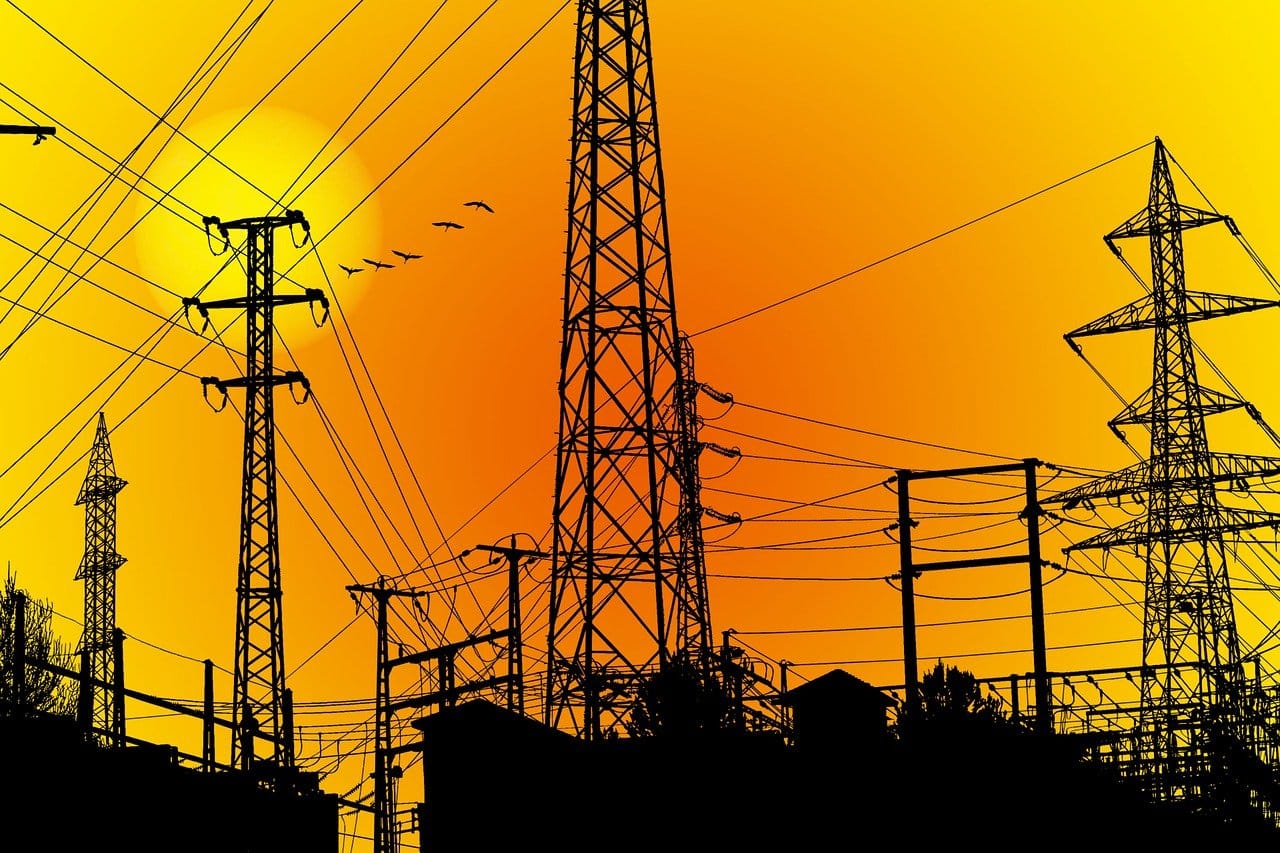East African nation, Kenya, has targeted an ambitious plan of 20,000MW nuclear power capacity by 2040 to address chronic power shortages and foster economic growth.
Justus Wabuyabo, CEO of Kenya Nuclear Power and Energy Agency (NuPEA), disclosed this ambitious plan, stating that the project would transform Kenya’s energy sector and eliminate the power shortages currently experienced.
The country currently falls short in electricity production, forcing imports from Ethiopia and Uganda to meet domestic needs.
“Kenya does not produce enough electricity to meet domestic demand, which is why the government has had to purchase power from Ethiopia and Uganda.”
“The nuclear project will help bridge this gap,” said Wabuyabo.
The dependency on purchase power exacerbates blackouts, disrupting homes, industries, and institutions.
Thus, NuPEA targets nuclear power to deliver a reliable supply and end these interruptions.
“The blackouts we experience will soon be a thing of the past. Nuclear energy will ensure a consistent electricity supply for homes, industries, and public institutions,” said Wabuyabo.
Project timeline and infrastructure
Wabuyabo further disclosed the progress with construction plans for Kenya’s first nuclear power plant in Siaya County, costing an estimated KSh500 billion (about $3.8 billion).
The facility will incorporate advanced technology and high-grade materials, starting at 1,000 MW and scaling to the 20,000 MW goal by 2040, he added.
He also revealed subsequent plants in Kilifi and Kwale counties that would be rolled out once the Siaya Plant is operational.
In addition, smaller nuclear units will be introduced in every county through a new technology known as Small Modular Reactors (SMRs).Small Modular Reactors (SMRs) nationwide.
“With SMRs, we can establish compact nuclear power plants across all counties. This will guarantee sufficient electricity, support industrial growth, and boost economic transformation,” he said.
On his part, President William Ruto endorses the project, with Siaya leaders offering local backing.
The economic impact of the project
The facility promises over 10,000 jobs for Kenyan youth, alongside reduced electricity costs from cheaper nuclear fuel, as noted by Wabuyabo.
“This is a century-long investment. Nuclear power plants typically operate for over 100 years. Fuel costs are relatively cheaper compared to other energy sources, which will ultimately reduce electricity bills for Kenyans,” said Wabuyabo.
Beyond energy, nuclear technology enhances other sectors. In medicine, it enables X-rays, CT scans, and cancer treatments for better outcomes.
In addition, agriculture benefits from food irradiation and resilient crops, curbing losses.
“This project is not just about electricity; it is about industrialisation, job creation, food security, and improved healthcare. It is an investment that will define Kenya’s future for generations to come,” he said.
Overall, the facility will drive industrialization and slash bills for consumers.









